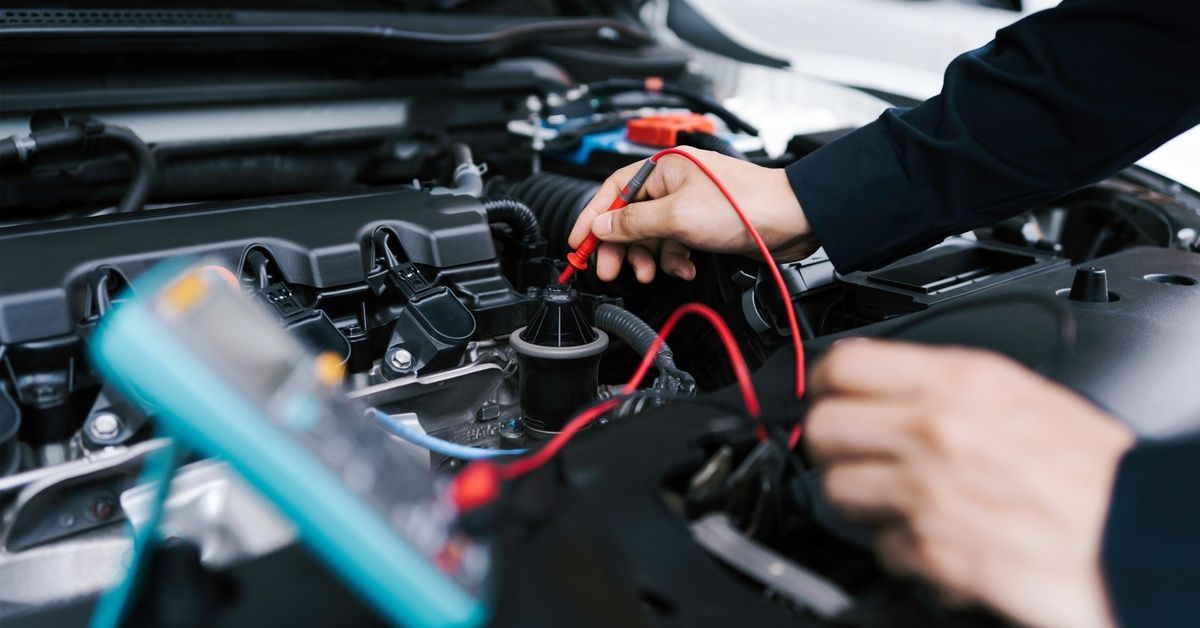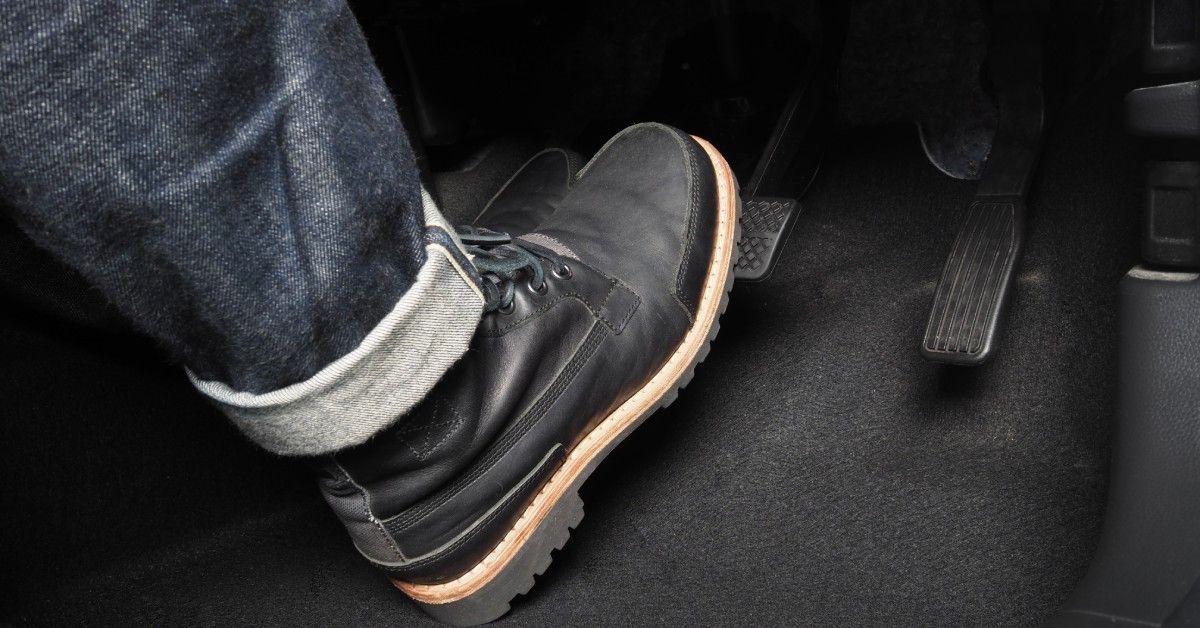What Regular Checks You Should Do on Your Car
Vehicles are machines and, like all machines, they require a degree of routine maintenance to ensure that they continue to run at optimal performance. Regular maintenance checks should start at 5,000 miles, and most cars should undergo scheduled assessments every 5,000 to 10,000 miles.
While it’s best to have a mechanic assess your vehicle, you can handle some essential maintenance by yourself with the help of your owner’s manual! Here is a list of what regular checks you should do on your car before taking it in for service and repairs.
Air Filter
Air filters sit right below your vehicle's hood and are responsible for preventing harmful air contaminants from entering your engine. When the filter component clogs, you can experience some engine issues.
First, take out the air filter and hold it up to a light source to check for blockages. If you can't see light pass through, no matter how many times you dust it, you may need a new filter.
Oil
Oil changes should occur every 3,000 to 5,000 miles, but you should assess oil levels a few times in between changes depending on how old your vehicle is. When checking your oil, remove the dipstick to clean it off, then dip and remove it again to read the measurement.
Brake Fluid
When checking your vehicle’s fluid level, locate the reservoir near the brake booster and master cylinder. Unscrew the cap and check whether the liquid level is roughly half an inch from the top. Remember to also inspect for fluid discoloration and dust the reservoir area.
Tires
Worn or improperly inflated tires are responsible for many accidents each year. Tire pressure can change due to weather or elevation shifts, so you want to make sure they're in good shape.
You can assess your tires’ PSI with a tire gauge and check their tread for excessive wear. Your tires should undergo rotation every 7,500 to 10,000 miles.
Battery
As for your vehicle’s battery, you want to look out for frayed or broken cables. Tighten the component that secures the battery onto your car and clean off any dirt and grime that might accumulate. Lastly, check the positive and negative terminals for corrosion concerns.
Coolant
The most straightforward approach to inspecting coolant levels is to look at the outside of the reservoir for fluid that reaches the "full" line. If the fluid isn't at the right level, add a 50/50 mixture of coolant and water. You want to do this after your car has sat for a few hours to avoid burning yourself or causing issues to your vehicle’s engine.
There are regular checks you should do on your car that contribute to its performance. These small assessments can help you catch potential issues in their earlier stages and can save you money over time if you do them proactively.
When it comes to car troubles, Advanced Vehicle Technology Services is here to help! Our specialists provide car repair in Buffalo Grove, IL, that can absolve performance concerns and put you safely back on the road.




